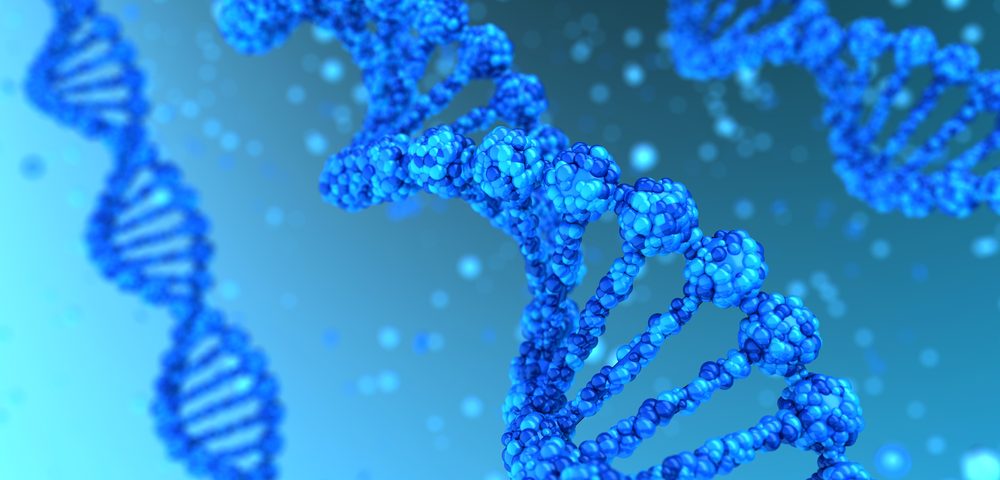Patients with inflammatory bowel disease (IBD) have greater DNA damage in lymphocytes — a type of white blood cell — lower vitamin B6 and higher homocysteine levels than healthy controls, according to a pilot study.
The study, “Increased genomic damage and vitamin B status in inflammatory bowel disease patients: A case-control, prospective, pilot study,” was published in the journal Mutation Research/Genetic Toxicology and Environmental Mutagenesis.
Vitamin B deficiency and associated hyperhomocysteinemia — elevated blood level of the amino acid homocysteine – are common in patients with IBD. These patients also often experience inflammation in the gut that leads to the formation of reactive oxygen species — free radicals that may damage DNA, lipids (fat) and proteins — potentially causing genomic damage in cells.
The CBMN-Cyt assay is able to analyze the extent of genomic damage in lymphocytes by determining the frequency of micronuclei (MNi), small structures with damaged chromosome fragments and/or whole chromosomes that were not incorporated into the nucleus after cell division. MNi are regarded as indicators of genetic damage. Their increase is caused by factors such as vitamin deficiencies, radiation, chronic inflammation, and cancer.
The CBMN-Cyt assay has been used to study DNA damage in lymphocytes in diverse disorders; in IBD, such studies are lacking. “To date, only two studies have investigated MNi in patients with IBD: one in pediatric patients and one focusing on patients with UC only,” the researchers stated.
The team, from South Korea, used this assay to determine the frequency of MNi in lymphocytes and the level of vitamin B in patients with IBD compared with healthy non-smoker controls.
A total of 30 adult IBD patients (22 men, 19 within 20 to 29 years of age), 15 with ulcerative colitis and 15 with Crohn’s disease, plus 30 controls were included. Twenty-two patients had IBD for less than five years. Eight cases were considered in remission, four were mild, 17 were moderate and one was severe. Blood samples were collected after a 12-hour fast, followed by isolation of lymphocytes.
The results revealed that, compared to controls, IBD patients had significantly lower mean serum pyridoxine, or vitamin B6 (30 vs. 61.7 nmol/L), and higher cobalamin, or vitamin B12 (810.0 vs. 587.2 pg/mL) and homocysteine (14.9 vs. 10.8 µmol/L). In contrast, patients and controls had similar levels of folate, commonly known as vitamin B9, which may be associated with the typical folate-rich diet in Korea, the team commented.
IBD patients also showed greater frequency of binucleated cells (BNCs, with two nuclei) with MNi, nucleoplasmic bridges (NPBs), and nuclear buds — all of which are measures of chromosomal alterations in lymphocytes — than controls. No differences were found comparing patients with ulcerative colitis to those with Crohn’s disease, which the investigators attributed to both sets of patients having chronic inflammatory disease with various conditions causing genomic damage.
The observed trend for increased frequencies of BNCs with MNi, NPBs and nuclear buds with deteriorating disease activity was not statistically significant, possibly because of the small sample size, the researchers said.
“According to this study, we precisely show increased DNA damage in IBD patients compared with healthy individuals,” the scientists said. “Moreover, this study showed that serum pyridoxine levels were decreased and serum homocysteine levels were increased in the patient group.”
Further studies are needed to analyze the effect of micronutrient supplementation on genomic and cancer risk in IBD patients, the team said.

